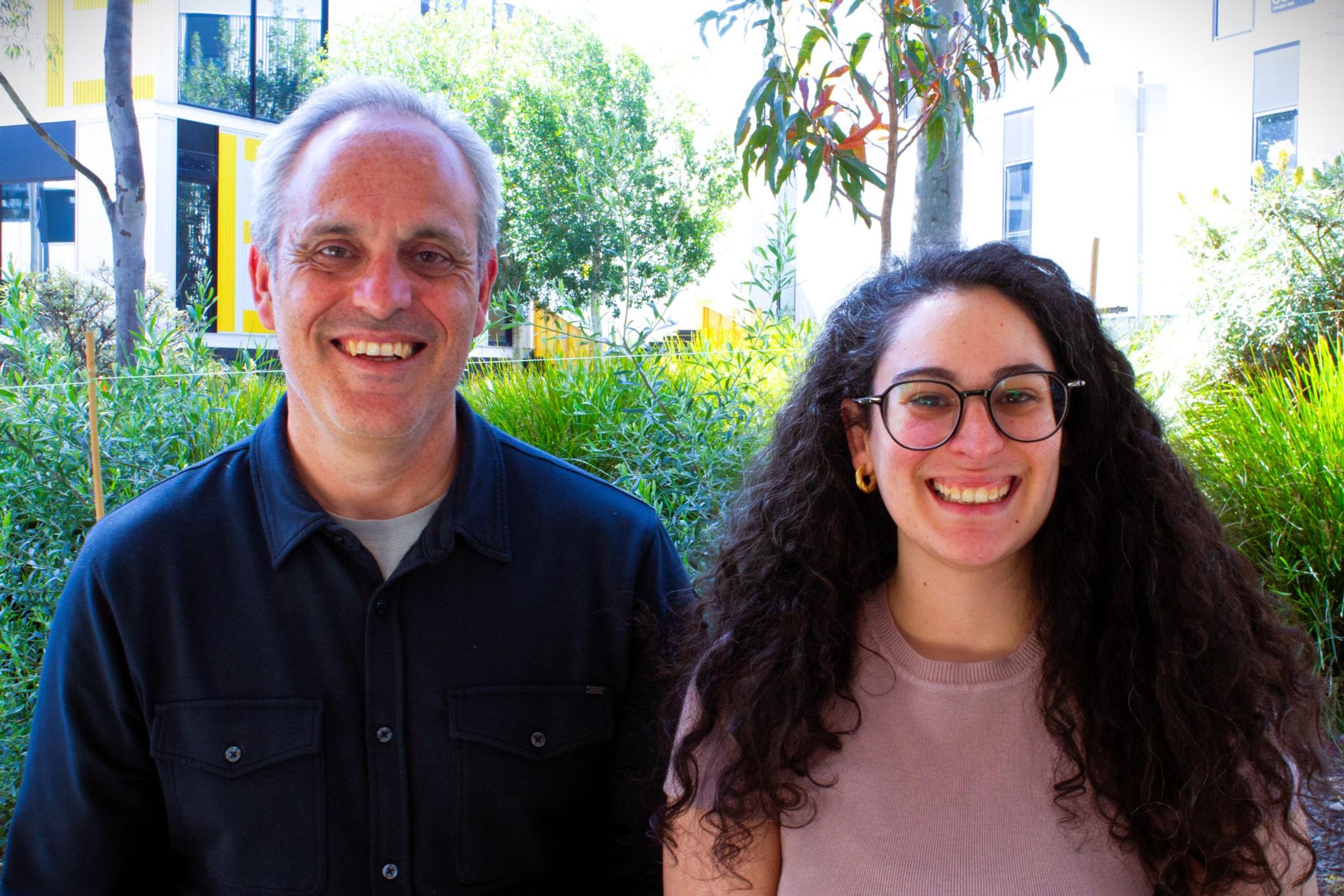Wellbeing News

OUR STUDENTS ARE UNIQUE - A new perspective on how to support them
When I was at school, the message from my parents went something like this:
STUDY HARD -> BIG SUCCESS -> BE HAPPY
In adulthood it, this hardwired model morphed into:
GET A DEGREE -> GET A HIGHER DEGREE -> BE HAPPY
And later,
WORK OVERTIME -> BE PROMOTED -> BE HAPPY
Whilst this model can lead people to do great work and have success, it is not a sure-fire way to find happiness.
The field of Positive Psychology asks the question, what happens when we prioritise mental health? What happens when we snap “Be Happy” off the end of this model, and stick it on the beginning?
Then, these important six words look like:
BE HAPPY -> STUDY HARD -> BIG SUCCESS
This new perspective can have a profound effect on John Monash students, who are typically hardworking, put huge pressure on themselves and sometimes crumble under the weight of this pressure.
When we prioritise mental health and happiness we usually end up doing great work, because we feel great doing it. It is very difficult to be in a thriving place, when our mental health is low. Feeling great creates its own momentum. Work and study doesn’t feel so ‘uphill’, and associated success and good habits follow.
In addition, if we start with being happy, then we feel great, and are more open to doing the things that are necessary for flourishing including connecting, exercising and finding meaning.
Research shows happy people are 31% more productive and are three times more creative than their counterparts.
We all need to support and remind our students (& ourselves) of the need to nurture mental health and happiness first.
Positive psychology offers science-backed ways to train our brain to be happy. No surprise, it includes things like being socially connected, nurturing gratitude and spending time in nature.
Just like riding a bike or juggling, you can learn to be happier.
The Wellbeing Counselling team at John Monash includes a range of professionals who can help students not only get through hard times, but also learn the science-backed skills of healthy and positive mental health.
Happy people don’t have the best of everything, but they make the best of everything.
Please don’t hesitate to contact the JMSS Wellbeing team at george.vlamakis@jmss.vic.edu to discuss any concerns and support needs you have for your child.
~ George Vlamakis (Student Wellbeing Coordinator)
george.vlamakis@jmss.vic.edu.au
